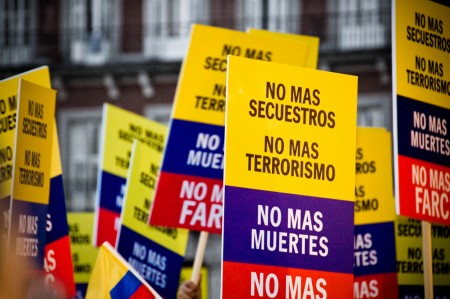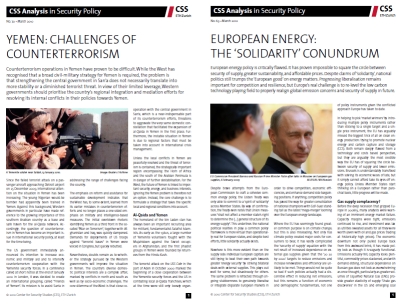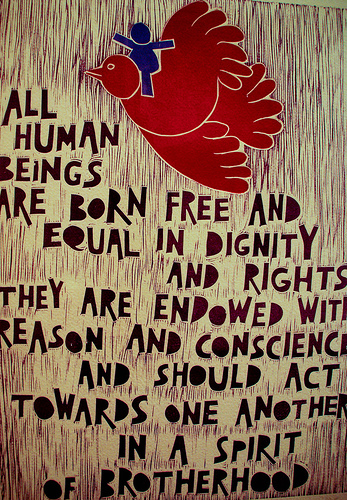
On 16 April, the BRIC nations (Brazil, Russia, India and China) will meet in Brasilia. The group has managed to develop a presence on the geopolitical stage in the past years and is increasingly able and willing to counter the influence of western power on various fronts. They share many characteristics and interest- primarily in the economic realm- and account for more than 40 percent of the world’s population and 25 percent of its land area.
The four are also pushing for a more multilateral world and use BRIC as a vehicle to pursue this end. The international community and media have enthusiastically embraced this concept and often view or treat the group as a coherent political actor, granting it clout and weight on the international stage.
But has the BRIC concept graduated from mere theory (and labeling) to real, actionable practice? Beyond the push for a more “multilateral world”, do the BRIC countries have much in common? Do they share anything beyond their inclusion in the 22 “emerging markets” index and perhaps most importantly, does the bloc have political relevance?




